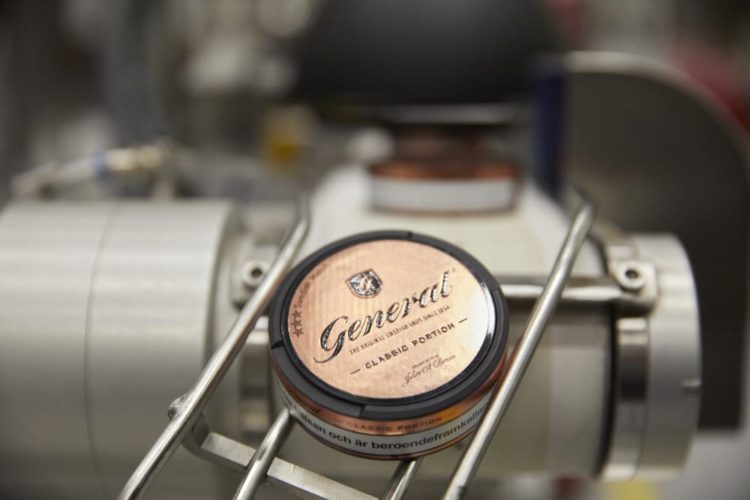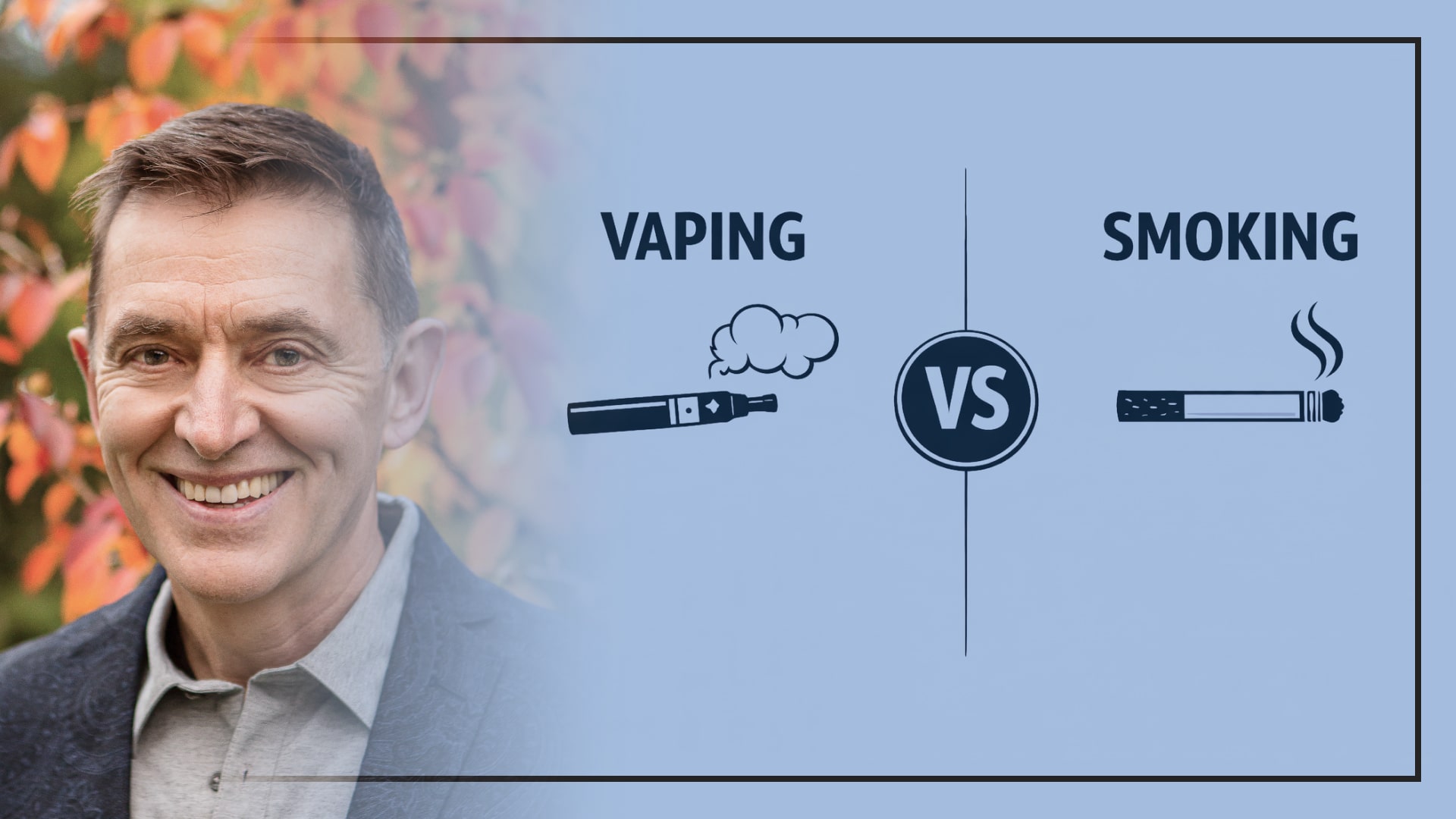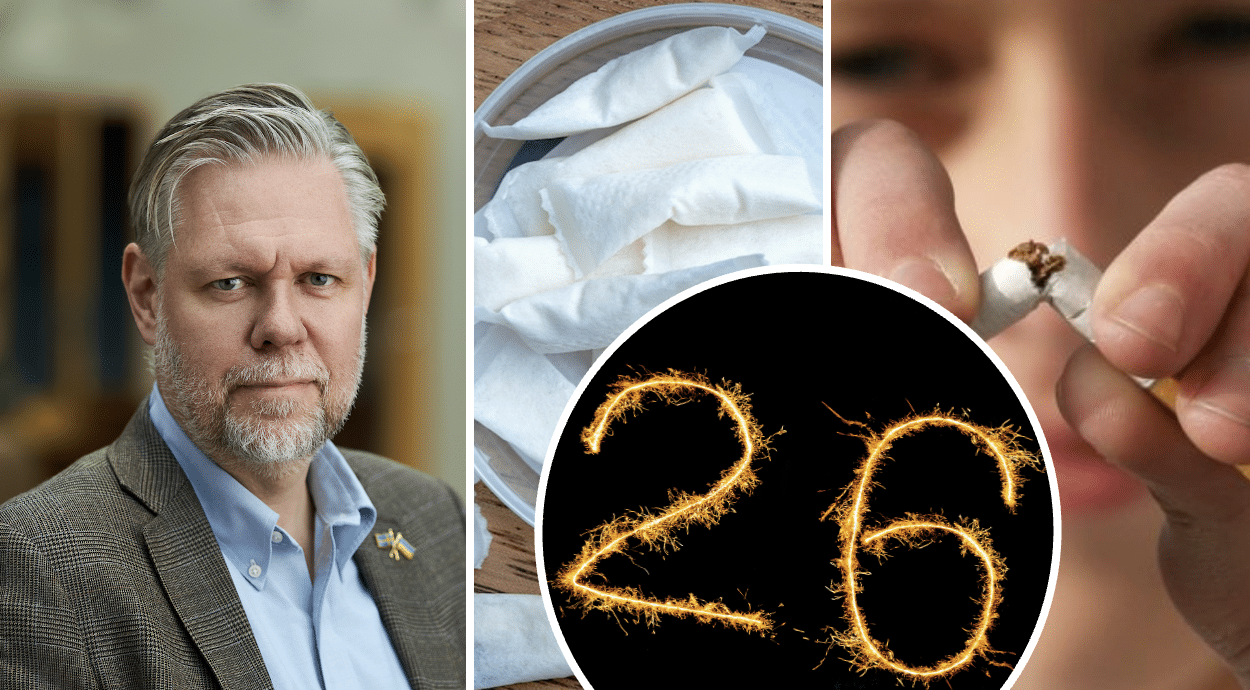
PRESS RELEASE: How snus users will be affected by new tobacco rules
Life will get worse for a million snus users if Gabriel Wikström gets his way in shaping new tobacco rules.
The inquiry into tougher tobacco regulation led by judge Göran Lundahl (SOU 2016:14) today published its conclusions. For Sweden’s million snus users, the new rules will make several things worse.
The Association of Swedish Snus Manufacturers today publishes the complete list of proposed changes that will affect snus users.
If they are voted through in the Swedish parliament, the new rules are set to come into effect on January 1st, 2018.
“These conclusions are a body blow to a million snus users, not to mention the 2,000 people working in the snus industry,” said Patrick Strömer, the association’s Secretary General.
“Gabriel Wikström is showering praise over a set of proposals which for some unknown reason have chosen to treat snus in the same way as cigarettes, despite the fact that Sweden has the lowest rate of tobacco-related deaths in the EU, and also the lowest number of smokers.
“The government had an opportunity to act pragmatically and treat snus as what it is, a far less harmful substitute for smoking. Instead, they’ve gone the other way and echoed the worst sort of 1970s-style ban-obsessed behaviour.
1 – A ban on displaying flavours such as ‘mint’, ‘licorice’, or ‘raspberry’ on snus boxes, with the flavourings instead kept on a special list in shops.
“This is a completely ill-considered proposal,” said Strömer. “Why shouldn’t it say ‘licorice’ on the box if the snus contains a ton of licorice? This is a completely unnecessary proposal which just makes things harder for the consumer.”
2 – Display ban in shops. It will no longer be possible to see boxes of snus in shops, with them instead having to be stored out of the sight of customers. Shops that only sell tobacco may be able to apply for an exception to this ban.
3 – Need for a licence to sell snus. Shops selling snus will have to apply for a tobacco license in much the same way as pubs have to apply for an alcohol license. Municipalities will then grant licenses after receiving the opinion from the police.
“This risks creating unnecessary bureaucracy for municipalities and will in the long term reduce the number of places selling snus, which in turn risks leading to higher prices,” Strömer said. “Scrutiny is always positive, but this is over the top and risks worsening the situation for consumers.”
4 – Regulation of snus transferred to Public Health Agency. Since 1971, snus has been classified as a foodstuff and regulated by the Swedish National Food Agency. Now regulation will be moved to the Swedish Public Health Agency.
“It’s thanks to the oversight of the National Food Agency that we have such high-quality snus in Sweden,” Strömer said. “That the Public Health Agency, which often produces misleading propaganda against snus should be given this responsibility is something I am very doubtful about.”
5 – No generic packaging, or at least not yet. The inquiry’s conclusions do not call for generic packaging, so-called ‘plain packs’, as this is difficult under freedom of publication laws. But the government has been advised to look at changing the constitution and at the press conference, Gabriel Wikström gave support for generic packaging.
“Generic packaging, even ignoring the severe hollowing out of branding rights, would mark the end of a functional Swedish snus market,” Strömer said. “Today we have a dynamic snus market, with both large and small players and that’s something I want to fight for. Gabriel Wikström perhaps thinks he’s already won this way, but in fact, it has only just begun.”




